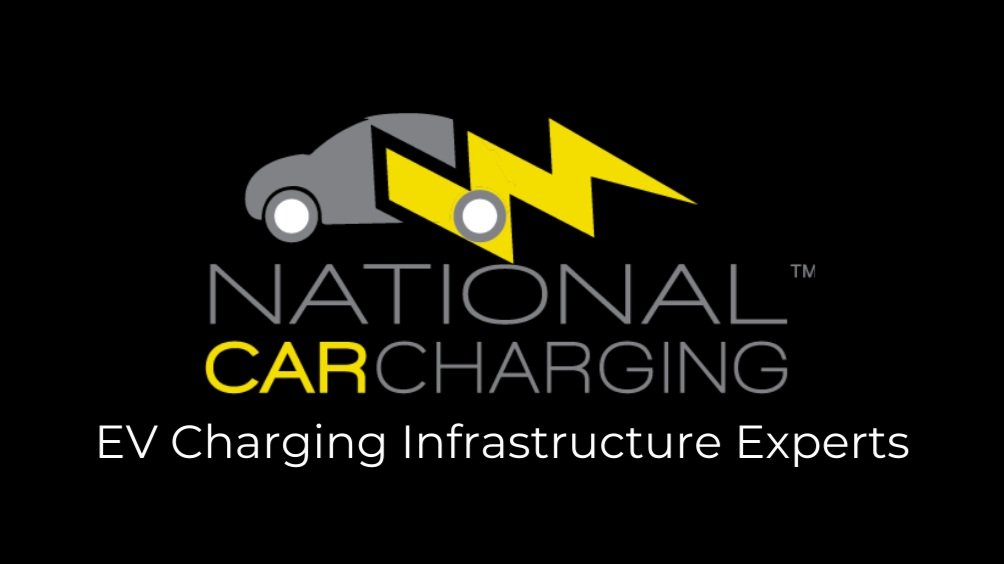How EV Fast Chargers Can Boost Your Hotel or Resort
REPOSTED from the Tritium Blog.
More and more hotel and resort guests drive electric vehicles (EVs), and many guests rent EVs to get around while they’re in town. Soon EV fast chargers will be standard at many hotels and resorts, but today adding a charger or two to your property can set you apart from the competition, attracting EV drivers and guests who want to drive EVs during their stay. Here are some benefits to installing a charger at your hotel or resort.
Offer EV Charging to Guests
About 12 percent of cars in Europe and about 5 percent of cars in the United States are electric and more people are buying EVs than ever. EVs will become more common and eventually ubiquitous as many governments around the world enact bans on the sale of new petrol and diesel-powered cars.
By providing a DC fast charger, hotels and resorts can offer a valuable service to guests who drive electric cars, helping them recharge their EVs quickly and get back on the road. Many hotels also provide EV charging as a concierge service, parking the guest’s car and charging it up for their next adventure.
Earn Charging Revenue
In addition to offering charging to guests, hotels and resorts can also charge visitors for the use of their fast charger. This can be a great revenue stream, especially for hotels and resorts located near major highways or popular tourist destinations.
Charge Your Own EV Fleet
Many hotels and resorts have rental car fleets, and if those fleets include EVs, having a fast charger on site can be extremely beneficial. It allows you to charge your rental cars quickly and efficiently, ensuring that they are always ready to go when your guests need them.
Choosing a Charger
When choosing a DC fast charger, there are a few key factors to consider. First and foremost, it should be compact, as space can be limited at hotels and resorts. It should also be modular and upgradable, so that you can easily upgrade chargers and add more chargers as demand increases. Finally, it should be reliable, as downtime can be costly. For help choosing a charger for your hotel or resort, contact one of our experts today.
Charger Installation
Installing a DC fast charger can be a complex process, so it’s important to work with a qualified installer. Factors to consider include site power availability (make sure you have enough electrical capacity to support the charger), rules and regulations (building codes, permits, and zoning restrictions), and site prep (pouring a concrete pad for the charger).
Incentives
There are a number of incentives available to help offset the cost of installing a DC fast charger. In the US, for example, there is a federal tax credit of up to 30% of the cost of the charger, up to a maximum of $100,000. Additionally, some states and municipalities offer their own rebates and grants. In the EU, there are various grants and subsidies available through national, regional, and utility programs.
Adding DC fast chargers to your hotel or resort can be a smart investment that helps you stand out from the competition, generate revenue, and provide a valuable service to your guests and visitors.
To learn more about Tritium’s DC fast charging solutions, visit the Tritium page of our website, or contact us at National Car Charging (866) 996-6387 or info@nationalcarcharging.com. Tritium and National Car Charging are currently working together providing Tritium EV charging stations for Hawai'i's entire first round of NEVI funding.
This article was written by Tritium and originally posted on the Tritium blog on 06/19/2023.
About Tritium
Founded in 2001, Tritium (DCFC) designs and manufactures proprietary hardware and software to create advanced and reliable DC fast chargers for electric vehicles. Tritium’s compact and robust chargers are designed to look great on Main Street and thrive in harsh conditions, through technology engineered to be easy to install, own, and use. Tritium is focused on continuous innovation in support of our customers around the world.

